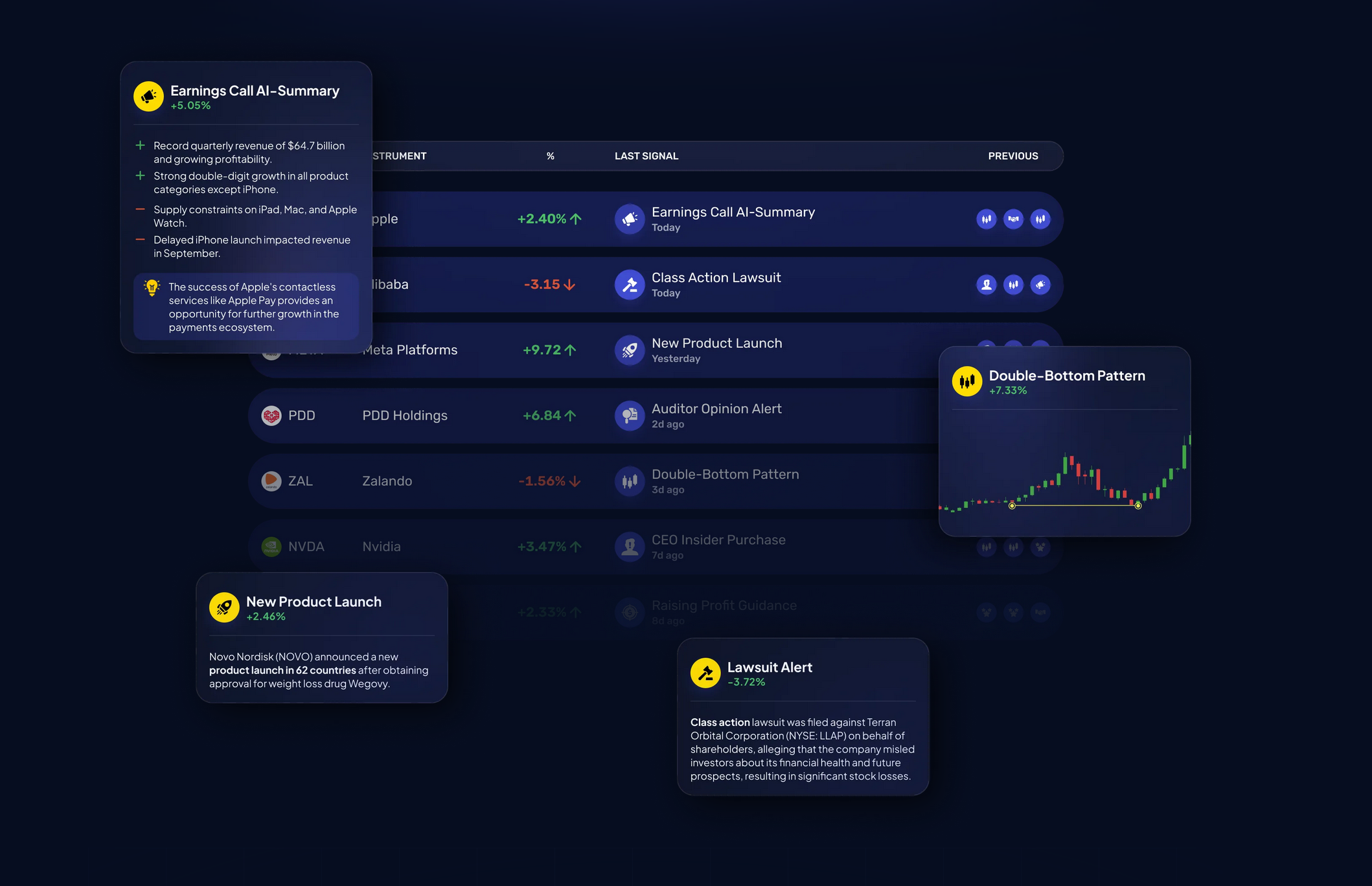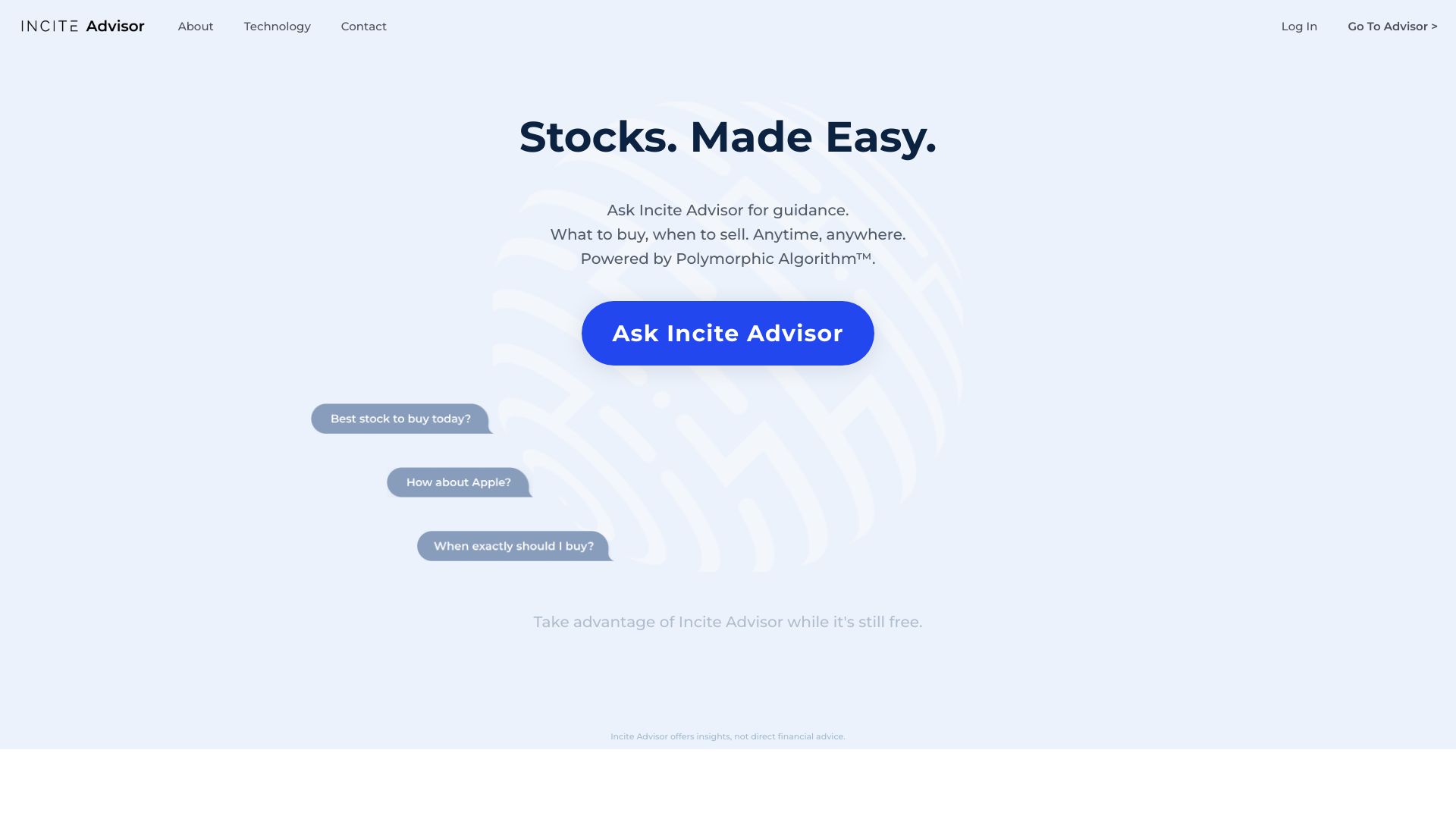20 Great News On Picking AI Stock Trading Analysis Sites
20 Great News On Picking AI Stock Trading Analysis Sites
Blog Article
Top 10 Tips For Evaluating The Support Provided By Customers Of Ai Stock Predicting/Analyzing Trading Platform
Support from the customer can be a key factor in choosing a platform to use for AI stock prediction/analysis. Reliable and responsive support can be a major factor in resolving issues, maximizing platform usage, and ensuring the smoothest trading experience. These are the top 10 suggestions for evaluating the support provided by these platforms.
1. Review Support Availability
24/7 support: Find out if there is a platform that has 24 hour support. This is especially crucial for markets across the globe and for real-time trading.
Hours of operation. If 24/7 support does not exist, then make sure support is available during business hours.
Holiday coverage: Verify whether support is available on weekends or holiday hours, or during closing of markets.
2. Test Response Times
Initial response. Send an initial test question to support in order to see how fast they'll be able to respond.
Think about the time it will take to find solutions, and not just acknowledge them.
Live chats: If it is available, check the responsiveness and effectiveness.
3. Assess Support Channels
Support via multiple channels: Ensure that the platform offers support through multiple channels (e.g. email, phone call live chat, email, and social media).
Make sure that the support channel is reliable.
Self-service: Make use of the FAQs or knowledge base to resolve problems quickly.
4. Examine Support Qualities
Expertise: Make sure that support agents have thorough understanding of the platform, trading and technical issues.
Problem-solving: Assess whether the agents can effectively resolve complex issues or escalate them if appropriate.
Professionalism: Determine if the support interactions are friendly, professional and helpful.
5. Check for Account Managers
Premium support: Make sure that the higher-tier users and institutional customers have access to dedicated account managers.
Check if your account manager offers individualized support and proactive guidance.
Relationship building: Check if the account managers are available and establish lasting connections with users.
6. Review the Support Documentation
Knowledge base. Make sure that the platform is an organized database searchable of tutorials, guides, and tips on troubleshooting.
Tutorial videos Check if can find video tutorials on this platform.
API documentation If you're a developer, check if the platform offers precise and clear API documentation.
7. Assess the Community Peer and Support
User forums: Find out whether a platform offers an online community or forum that allows users to share their tips and thoughts.
Social media groups: Search for groups on social networks that are not official (e.g. Reddit. Facebook. LinkedIn), where users are discussing the platform.
Community engagement: Find out whether your team from your platform is actively involved in forums or discussions within the community.
8. Evaluate Escalation Processes
Issue escalation. Make sure that you have a defined process for escalating unresolved issues to managers or other staff members at the top.
Follow-up. Verify that support is following up after the issue has been solved.
Feedback loop: See whether feedback is collected from users to improve the support services.
9. Test Support During Critical Conditions
Market volatility: Call support during periods of high-volatility and assess their responsiveness.
Technical issues: Simulate a technical issue (e.g., login problem, data discrepancy) to test how support handles it.
Trade execution: Check whether support is available to assist with urgent trade-related issues (e.g. failing orders, execution delays).
Review the feedback of users
Online reviews: Use platforms like copyright G2 or Reddit to read user reviews and measure overall satisfaction.
Find case studies and testimonials that highlight positive experiences.
Go to the platform and see how it handles complaints, negative feedback and support.
Bonus Tips
Trial period support: Test the platform's support during the trial period or demo time to evaluate its quality.
Language support: Find out whether you are able to get help in your native language if you don't speak English.
Training and Onboarding: Find out whether the platform has onboarding or training sessions to help new users get up and running.
The following tips can aid you in assessing the quality of customer care offered by AI trading platforms that forecast or analyze price fluctuations in stocks. This way, you'll be able to select a company that provides prompt, reliable, and helpful customer support. The quality of customer support will enhance your overall experience with the platform and help you get the most value from the features of the platform. Follow the recommended incite for website tips including ai stock market, options ai, ai investing platform, chart ai trading assistant, ai for investment, ai stock market, investing ai, ai investing app, chart ai trading assistant, ai trading and more.
Top 10 Ways To Evaluate The Regulatory Compliance Of Ai Stock For Predicting Or Analyzing Platforms
Regulatory compliance plays a crucial part in the evaluation of AI platforms to predict stock prices and analyze. Compliance ensures that the platform works within legal frameworks, protects personal data of its users and adheres to the financial laws, thus reducing the chance of legal issues or financial penalties. Here are 10 top suggestions to evaluate the compliance of these platforms.
1. Verify Registration and Licensing
Regulatory Authorities: Ensure that the platform is registered with the appropriate regulatory bodies (e.g. SEC US, FCA UK and ASIC Australia) and also has an authorization.
Broker partnerships: If the platform is integrated with brokers, ensure that brokers are licensed and properly regulated.
Public records: Go to the site of the regulator to see whether the platform is registered or if it has ever violated the law.
2. Compliance with the Data Privacy Assessment
GDPR: If your business is located or serving users within the EU, ensure the platform complies with the General Data Protection Regulation (GDPR).
CCPA For those who reside in California Verify that they are in compliance to the California Consumer Privacy Act (CCPA).
Data handling policies. Review the platform’s privacy policy and make sure it clearly outlines the ways in which data regarding users is collected, shared, and kept.
3. Assess Anti-Money-Laundering (AML) Measures
AML Policies: Make sure the platform has AML policies that are strong to identify and stop money laundering.
KYC procedures: Find out whether the platform is using Know Your Customer (KYC) that verifies the identity of users.
Monitor transactions: Determine whether the platform is monitoring transactions for suspicious activity, and then reports it to the appropriate authorities.
4. Verify your compliance with Trading Regulations
Market manipulation: Make sure the platform includes measures to stop manipulation of the market, for example, spoofing and wash trading.
Order types: Check whether the platform is in compliance with regulations regarding order types.
Best execution: Verify that the platform adheres to the best execution methods to ensure that trades are executed at the highest price.
5. Cybersecurity Assessment
Data encryption: Ensure that the platform uses encryption to protect data while in transit or while at the rest.
Incident response Response to incidents Verify the system's plans to respond in case of data breaches or cyberattacks.
Certifications - Find out if your platform has any cybersecurity certifications.
6. Transparency and disclosure A Study
Fee disclosure: Make sure that the platform has clearly disclosed all fees, hidden costs or other charges.
Risk disclosure: Check if there is a clear declaration of risks, specifically for leveraged or high-risk trading strategies.
Performance reporting - Examine to determine if there are accurate and transparent performance reports made available by the platform to its AI models.
7. Check for Compliance With International Regulations
Cross-border Trading: If you're trading involves international markets it is important to ensure that the platform meets all regulatory requirements in each jurisdiction.
Tax reporting - Verify the platform's tools and reports that will aid users in complying with tax laws.
Compliance with international sanctions: Make sure the platform strictly adheres to these rules and does not allow transactions between countries or entities that are banned.
8. Review the record-keeping process and audit trails
Transaction records: Ensure that your platform has detailed records of every transaction for reasons of auditing and regulatory purposes.
User activity records: Verify whether the platform tracks users' activities, such as logins or trades as well as modifications to account settings.
Audit-readiness: Find out if the platform is able to produce all required documents and logs to support an audit by a regulatory agency.
9. Verify the compliance of AI Specific Regulations
Algorithmic rules for trading: If a platform allows algorithmic trading, it has to conform to European regulations such as MiFID II and U.S. Reg SCI.
Fairness and bias Determine if the platform mitigates or checks its AI models for ethical and fair trading.
Explainability: As required by certain regulations, the AI platform should be able to provide clear explanations for AI-driven decisions and forecasts.
10. Review User Comments and Regulatory Historical The History
Feedback from users: Read user reviews to assess the reputation of the platform for compliance with regulations.
Review the history of regulations to determine if there have been any penalties or fines imposed for violation of regulations.
Third-party checks: Check the platform's compliance with regulations by checking whether it is subject to regular audits by third parties.
Bonus Tips
Legal consultation: Discuss with an expert in law on the platform's conformity to relevant regulations.
Trial period: Test the platform free of charge or try the demo to test out its compliance features and the documentation.
Customer support: Ensure the platform provides support for compliance-related queries or issues.
With these suggestions to evaluate the compliance with regulations of AI stock predicting/analyzing trading platforms and ensure that you select an option that is within legal frameworks and protects your interests. Compliance is important because it not only lowers legal risks, but builds trust and confidence for the platform. Have a look at the most popular he has a good point on invest ai for blog examples including how to use ai for stock trading, ai investment tools, best ai stock prediction, ai software stocks, stock predictor, chart analysis ai, best stock prediction website, ai stock prediction, best ai stocks, best ai trading platform and more.